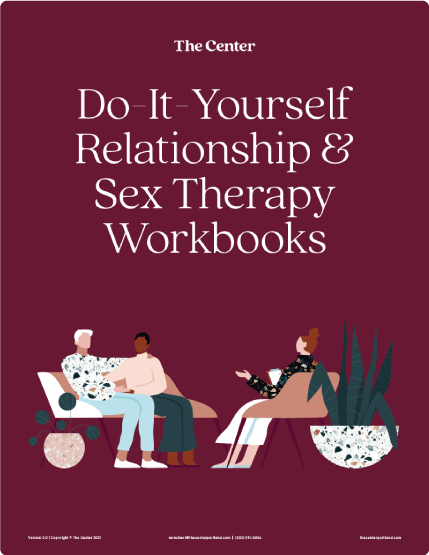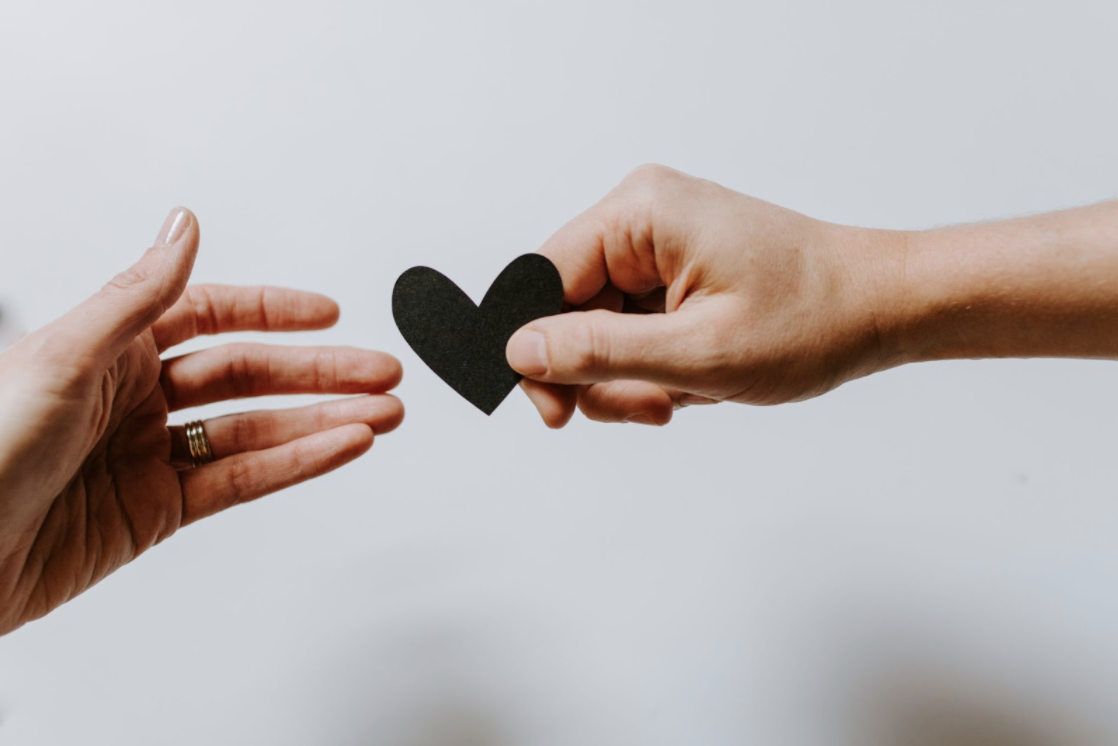How do you know if you’re in an emotionally abusive relationship?
Have you been threatened or made to feel ashamed by your partner? Do you need to ask for permission before you make any decisions?
If any of these sound familiar, then it’s time to take a closer look at what’s going on. In this article, we discuss seven warning signs that indicate emotionally abusive relationships, how these can impact your life, and what you can do.
1. Control
An emotionally abusive partner may want to control all aspects of your life. They will often make decisions for you and are not willing to listen when you have a different opinion. A controlling partner may be very possessive of you and your time.
Other signs include tracking your daily activities like where you are, what you’re doing, and who you’re doing it with. You may find yourself feeling like you don’t have much freedom to make choices.
This controlling behavior might be obvious— like a partner not letting you go out with friends, or may be more subtle, like constantly guilting you into staying with them when you try to see family.
Individuals in emotionally abusive relationships may feel like they can’t do anything without their partner’s approval, which leads them to rely on their partner more.
2. Threats
Threats are another common tactic by emotionally abusive partners. Emotionally abusive partners may make threats to maintain power and control. They might threaten you emotionally or physically. They might also make threats that they will harm themselves if you make a decision they don’t want you to.
The threats can also be more subtle, with statements such as “If you leave me then…” or “If I lose my job…” This communicates that your happiness depends on their good mood and them getting what they want. Relationships are about compromise, not one partner controlling the other.
3. Criticism
A third sign of an emotionally abusive relationship is constant criticism. Your partner may criticize your appearance, personality, or anything they can find wrong with you. They might call you names like “stupid,” or say things that make you feel ashamed of yourself.
Signs of abusive criticism:
- Calling you names
- Humiliating you in front of others
- Contempt
- Responding to your needs with disgust or apathy
- Putting down any interests you have
Constructive feedback in a relationship is one thing—but this type of constant criticism with the intent to put you down or humiliate you has no space in a healthy relationship.
4. Volatility
All relationships have their ups and downs, but sharp turns can be a warning sign of emotional abuse.
It’s a red flag when your relationship feels like a roller coaster—one minute they love you, the next minute they hate you. Does your partner have sudden bursts of anger, only to later apologize and offer gifts and affection?
Also consider if you’re afraid to disagree with your partner because they’ll get angry or start yelling at you. Do you feel like you’re constantly walking on eggshells? If so, these are signs of an emotionally volatile relationship.
5. Blame
In emotionally abusive relationships, the abuser may blame their partner for all their problems. They might say things like “It’s your fault I’m in this mess” or “You’re making me do these bad things”.
They may also accuse you of not being faithful without any evidence, or that you’re not doing enough for the relationship.
It can sometimes be difficult to tell apart healthy communication with emotionally abusive blame. The key difference is that the abuser will use blaming tactics to attack you, and make you feel like it’s your fault that they’re unhappy. Emotional abusers often make you feel guilty or ashamed but never take responsibility for their actions.
6. Gaslighting
Gaslighting can be tricky to recognize, but incredibly damaging. Gaslighting is manipulating someone into questioning their sanity. The goal? To make it seem like what really happened wasn’t the way it actually was.
Your partner may make you question whether something really happened or not, leading you to doubt yourself and your feelings. When a partner engages in gaslighting they may say that you’re overreacting to something, or that you’re interpreting things incorrectly. It’s another way of placing the blame on you and away from them.
They might tell you, “You’re too sensitive” or insist that their bad behavior was acceptable because other people are worse—but those statements don’t take into account how you feel about the situation. Instead, you’re left not trusting in yourself and feeling you are to blame.
7. Neglect
A controlling partner may withhold affection or neglect your needs to make you feel insecure or to punish you. This can be anything like not spending time with you, shutting down emotionally, or giving up on the relationship—even if they said they wanted to work it out.
One thing to note though is that it’s common for couples to have differing needs when it comes to affection and sexual intimacy. That’s completely normal. However, if you’ve had conversations with your partner, reached mutual agreements, and they ignore the compromise repeatedly—it might be a sign of neglect.
When It’s Time To Seek Support
Healthy relationships have moments of conflict and disagreement, but partners should always be on the same team. Does it feel like your relationship is turning into a me vs. you?
It’s important to remember that relationships are about give and take. A healthy relationship should not make you feel bad about yourself or restrict your life outside of the relationship.
If you’ve found that your experience matches some of these signs—then it’s possible that you’re in an unhealthy and potentially emotionally abusive relationship.
A couples therapist can help you and your partner discover emotional abuse, and may help you overcome these. But sometimes a relationship may just not be right for you.
We encourage you to look within yourself and ask yourself if you are happy with your relationship. If your partner is committed to changing their unhealthy and emotionally abusive behaviors, then it can be possible for the relationship to survive.
But if not—then ending the relationship may be necessary in order for both partners to find happiness elsewhere. Only you can know what’s best for you. But when you need the extra support, a therapist can help you work through emotional abuse and support you as you move toward healing.
Ready to take the next step? We’re ready to help.







